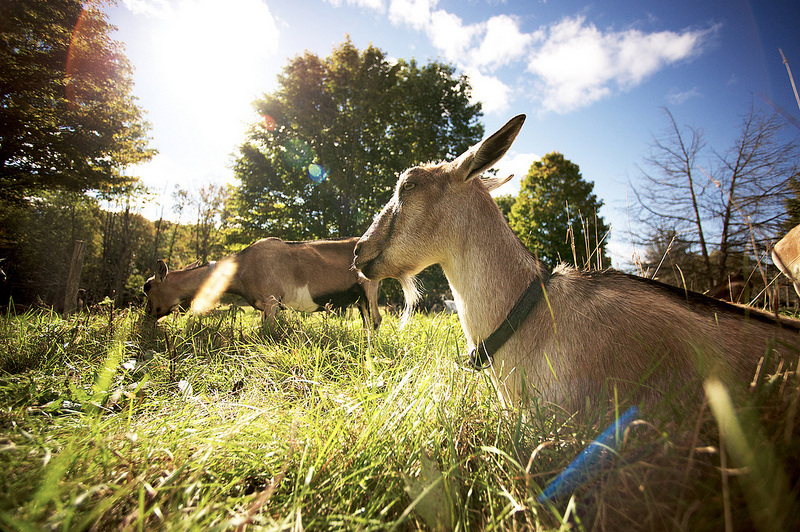BioethicsNo matter if you are a healthcare professional or not, chances are that you will face difficult decisions in a healthcare setting sometime in your life. The aim of this course is to provide you with an “ethical toolbox,” so to speak, that can be used when dealing with ethical issues in healthcare. The course begins by introducing some foundational theories in philosophical ethics and then moves on to consider core issues and cases in the field of bioethics.
|
|
Bioethics of Food
In this course, we will be looking at ethical questions that commonly arise in the field of food ethics. Today, we tend to think of bioethics primarily in terms of medicine and public health. However, when Van Rensselaer Potter coined the term “bioethics” in 1970, he intended it to encompass a wide range of subjects ranging from human to environmental health, including not only familiar medical questions (such as those focusing on end of life care), but also questions concerning the impacts of technological and biological developments on the environment (Thompson 2004). The emerging field of food ethics addresses questions concerning health but is also concerned with a wider array of environmental issues and is thus more aligned with Van Rensselaer’s original definition. (Indeed, the field is often called either food ethics or food bioethics, depending on the literature.) This class provides an in depth overview of the emerging field of food ethics and the issues it addresses. These will include topics relating to risk and health, including nutrition and the potential for adverse health effects from pesticides or biotechnology, and broader questions concerning the impacts of food production on the wider environment and on agricultural animals. |


